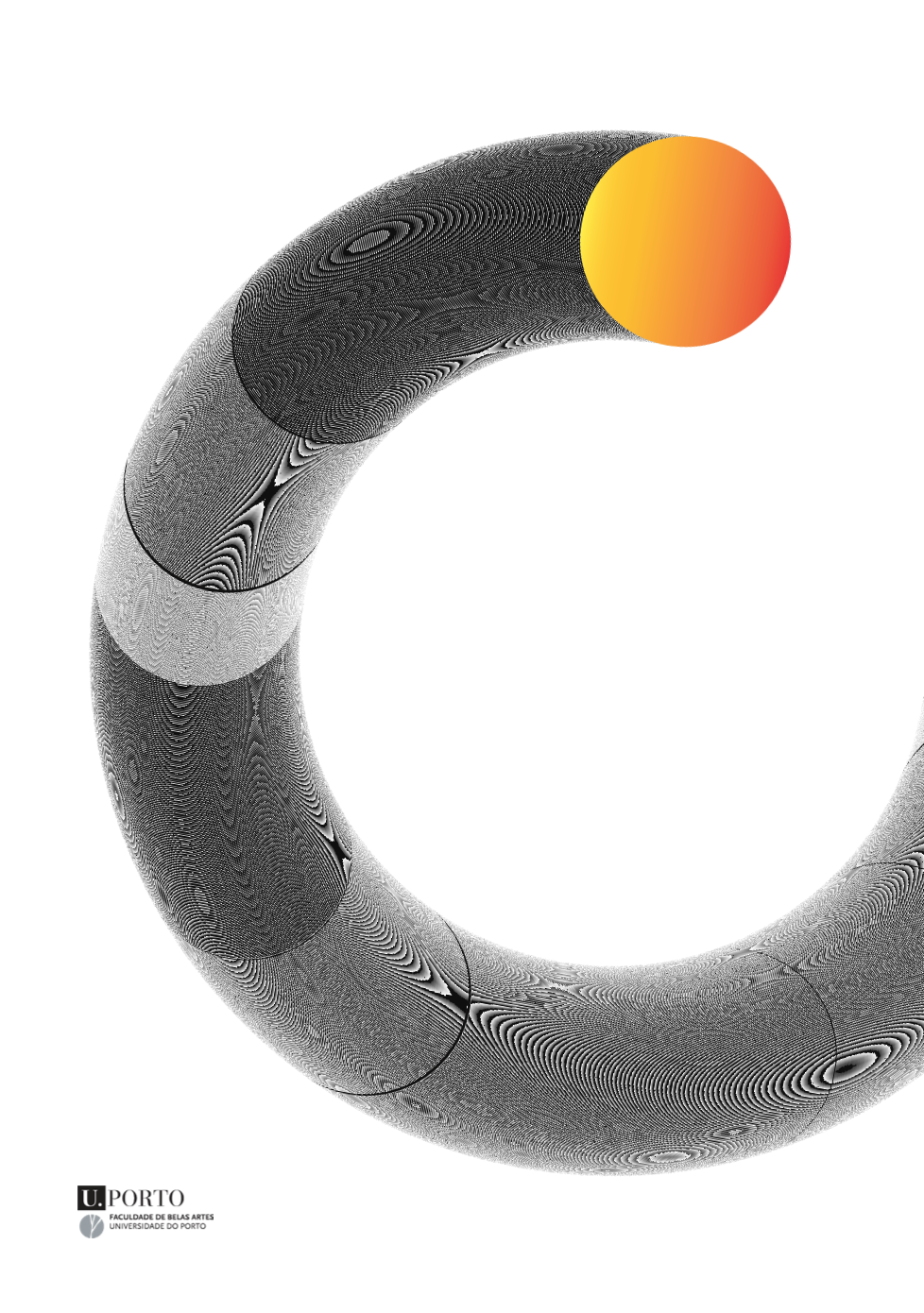
catalogue
Time-lapse
The exhibition Time-lapse presents a set of works by finalist students of the degree in Fine Art - Multimedia of the Faculty of Fine Art of the University of Porto.
- Edição
- Miguel Leal
- Ano
- 2018
- isbn | issn
- 978-989-54111-1-5
We are used to measure space by the time it takes us to get from A to B. However, the faster we move the smaller space seems. It is not only a matter of perception but also a radical transformation in which space shrinks by the action of the intensive time that is brought to us by speed.
Our everyday life also stages an intensification of time. An obsession with time seems to have taken hold of our individual and collective existence. No wonder that the processes of the so-called globalization are first and foremost ways of capturing time, from production to consumption. It is said that there is no longer a time-in and a time-out. All the time seems to have been captured by the apparatus of consumption as if there was no longer a way to separate work time from leisure time, as if all time had been consumed in that vortex.
In this scenario, time-based arts, those that turn time into their medium, gain a new importance. In fact, although contemporary art has long ago been taken by a particular obsession with time and its manipulation, in the arts this capture is often done in counter-cycle or even as a counter-apparatus to the capitalist consumption of time.
The exhibition Time-lapse presents a set of works by finalist students of the degree in Fine Art – Multimedia of the Faculty of Fine Art of the University of Porto. Resulting from experimental and ongoing studio work, this exhibition offers us an overview of the broad uses of media in artistic practice, something that has characterized the Multimedia branch of the Fine Art course since its inception. Obsession with time was the starting point for the exhibition, a time which seems to escape between our fingers, minute by minute, second by second. In that sense, and despite the diversity of media used and the varied geographical origins of the participants, the strongest common denominator of Time-lapse is perhaps the way in which the proposals presented try to deal with time and with the ways of capturing and manipulating it, extensively and intensively.
Miguel Leal (i2ADS/FBAUP)